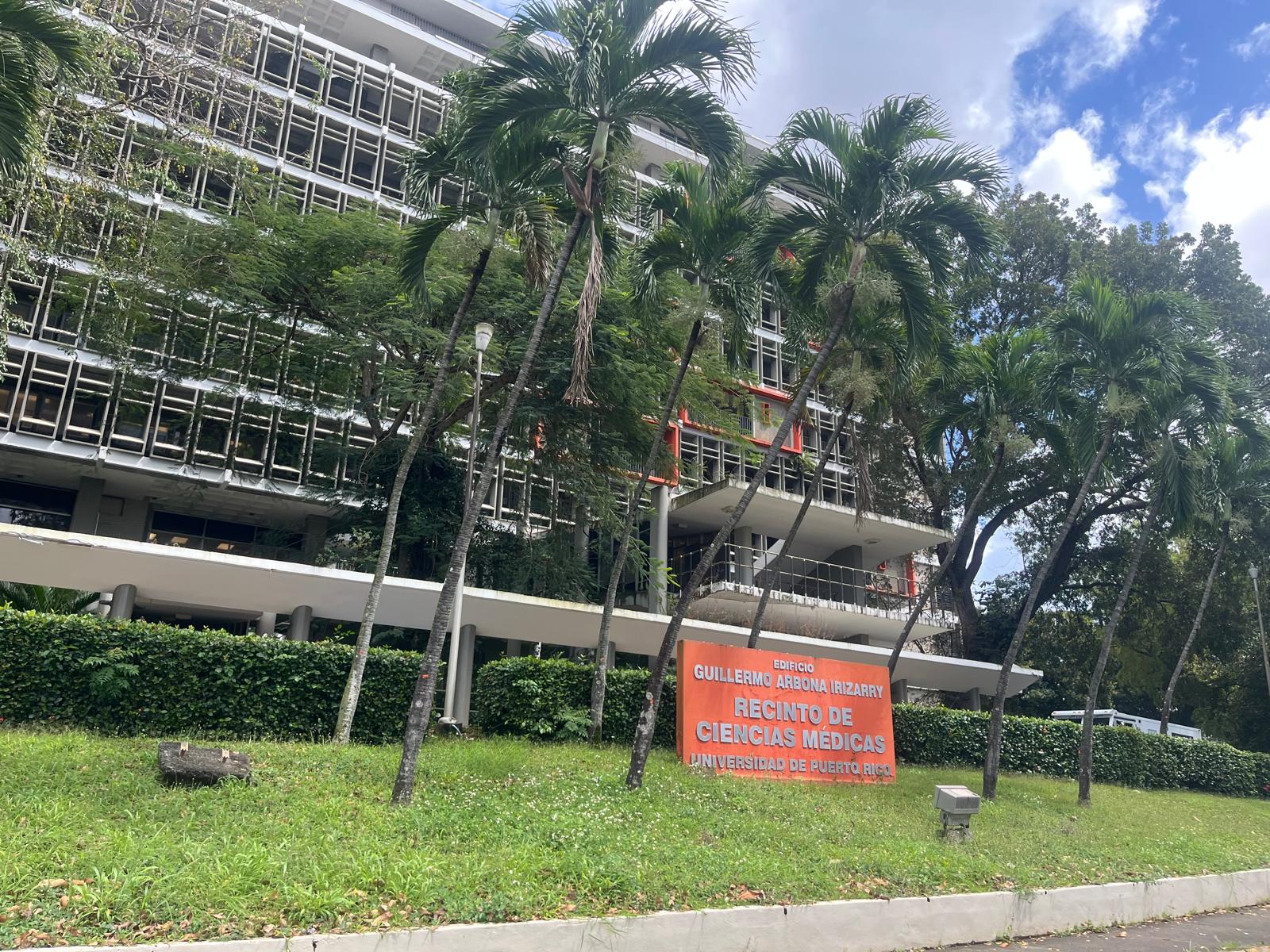
Ali Rivera-González, PhD, MPH
Puerto Rico has experienced numerous major public health emergencies over the past few years, including large-scale environmental disasters like hurricanes, floods, and earthquakes and infectious disease outbreaks (e.g., COVID-19, tropical diseases). These events have severely impacted the health system, overwhelming emergency departments, forcing the closure of hospitals, health centers, and clinics, and disrupting access to essential chronic care services (e.g., dialysis, cancer treatment) and vital medications. I am a collaborator on Puerto Rico's Resilience and Emergency Preparedness Assessment: Response on disaster's Effects in the healthcare system (PREPARE) study. My colleagues and I aim to assess the long-term effects of disasters on health care system recovery. This summer I will be in Puerto Rico conducting interviews with physicians in private clinics. One set of clinics is located in the San Juan metropolitan area, a large urban community. The other clinics are in Eastern Puerto Rico, a coastal area home to much of the island's Afro-Boricua community. While it is known for its beautiful beaches and the El Yunque rainforest, residents of this sparsely populated region struggle to obtain care, often relying on small boats to travel. I will be exploring physicians' experiences serving patients and navigating Medicaid, Medicare, and private health insurance companies throughout the different disasters that the island has experienced.




